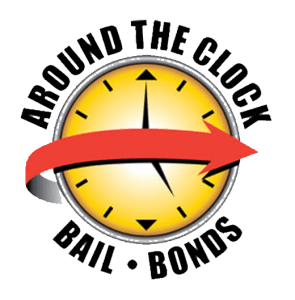All About Posting Bail in Court
Although it will not be the case for all people, there will come a time when unfortunate individuals will need bail to be posted for them. The posting of bail can prove to be a relieving experience for those with the threat of incarceration overhead. Having a clear understanding of what posting bail in court means and how to actually post bail are two things that can come in handy when having to deal with judicial issues.
What It All Means
At the most basic level, bail is the money that is used to get a person out of prison. When a person is accused of a crime, there will be a court hearing (often multiple hearings) that will be scheduled for a future date. During that time, the accused would normally have to sit in a jail cell. If bail is posted, the accused will have to come back for all court hearings, however, they will not have to sit in a cell until those dates roll around.
The amount that bail costs can vary greatly. Whether bail is set at a high monetary amount or a lower amount will all depend on a few factors such as how serious the crime committed was, the existing criminal record of the accused, and the accused’s current financial situation.
Whatever the amount is, the court will expect the entire amount to be paid to ensure that the accused will actually come back for scheduled hearing dates. Bail is basically a promise that the accused will return, as normally, bail money will be given back after the future trial dates.
How To Go About Posting Bail
Before bail can actually be posted through court, one has to be sure that they have the money to in fact post the proposed amount. If insufficient funds are an issue, then the accused can use a bail agent.
Bail agents will work somewhat like an insurance agency to the accused, in the sense that the accused will only pay a fraction of what the actual bail costs. At the end of the trial or trials, the bail agent (or bondsman) will get the remaining bail money, and not the accused.
If the accused is actually paying the bail themselves (without the help of a bondsman), then they can go about it a number of ways. The full monetary value that is set as bail can be paid in cash, the accused can sign over ownership of property that has a value equal to or greater than the bail amount, or the accused can sign a document that states they will show up to the set trial dates. The latter option is known as “being released on your own recognizance”.
Utilize What Is Available
By far, the path of least resistance would be to be released by your own recognizance. If that is an option, it is stated that it is a wise move to go that route, as there is not any money or signing over of property involved. Usually only people with a criminal record in good standing are eligible for that option.
Regardless of the way bail is posted, so long as it is indeed posted, that will ensure that the accused will not have to sit in a jail cell, awaiting trial.


